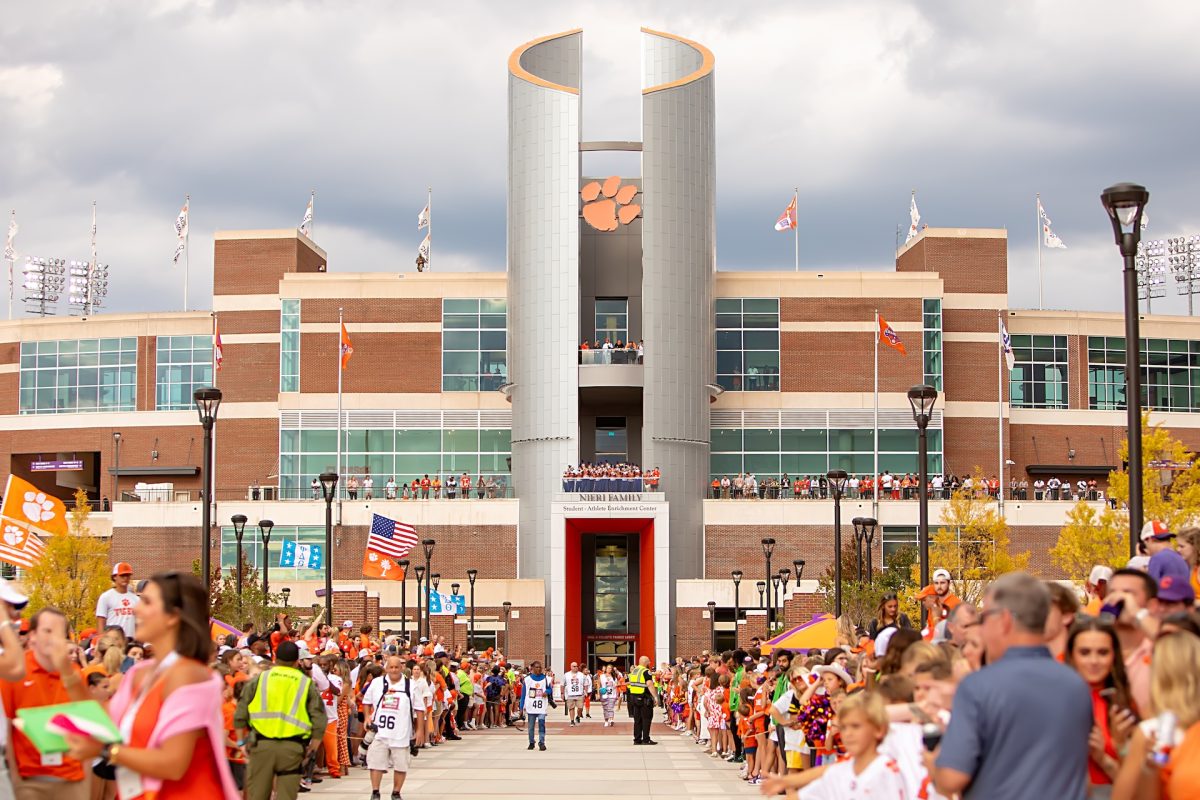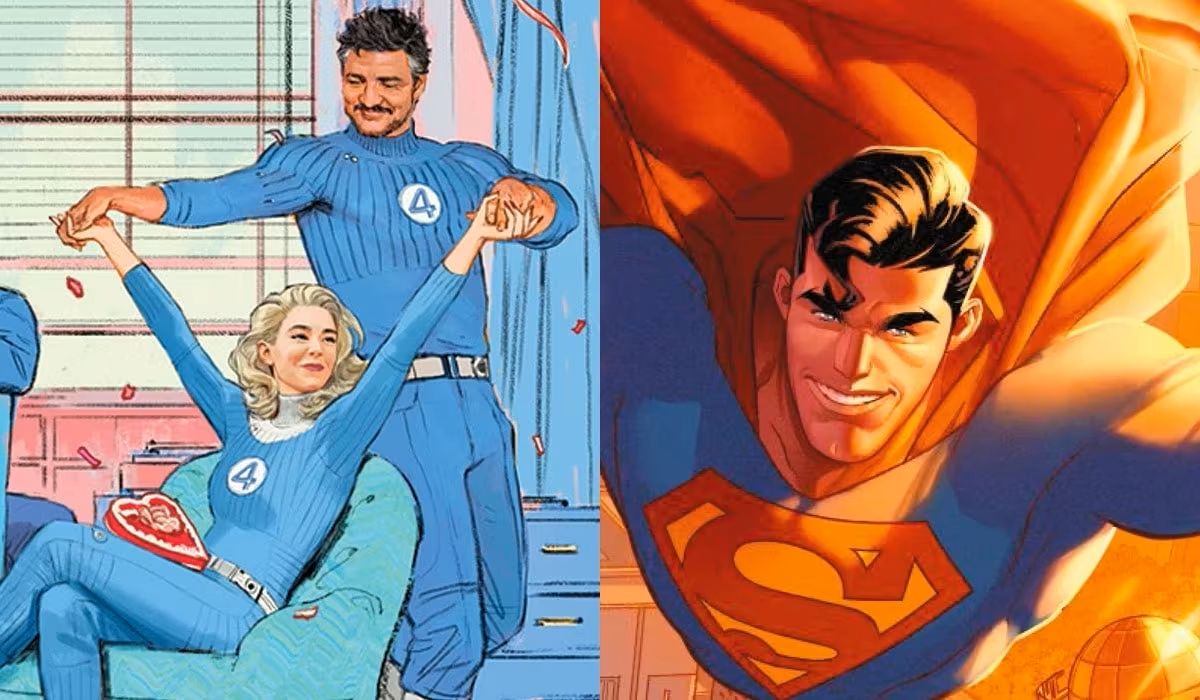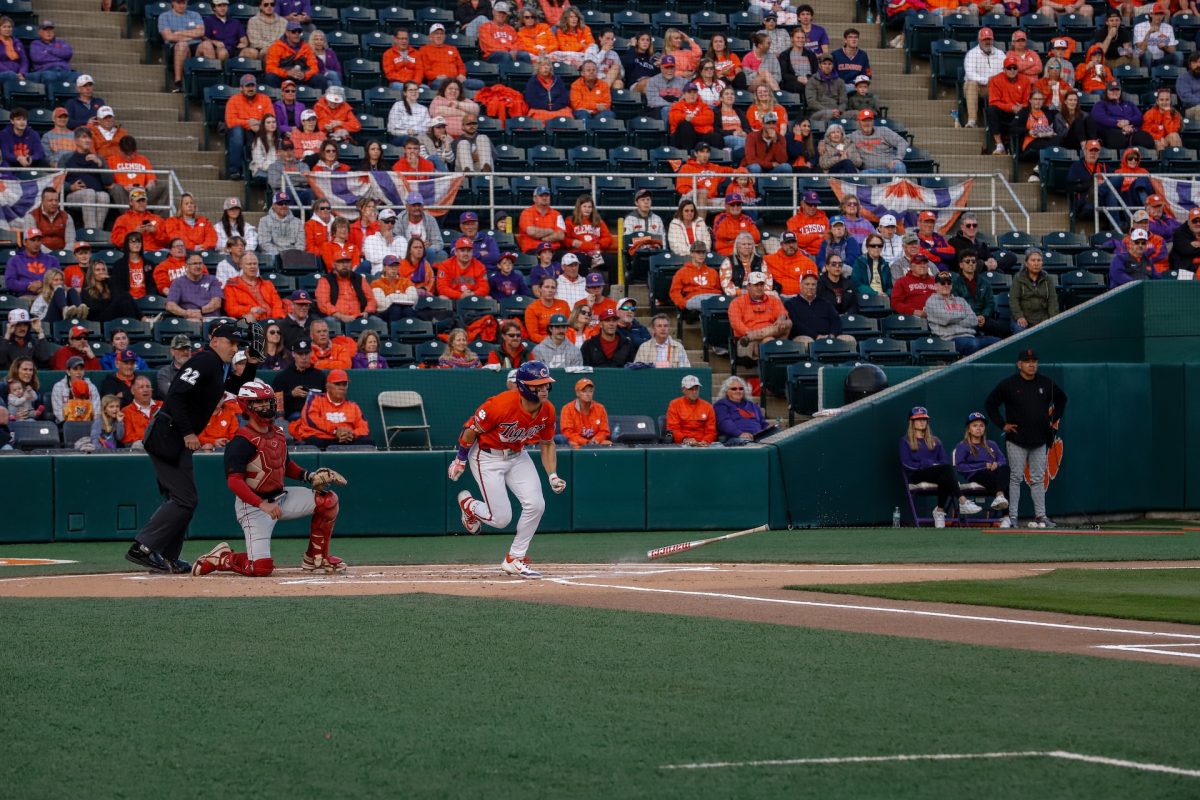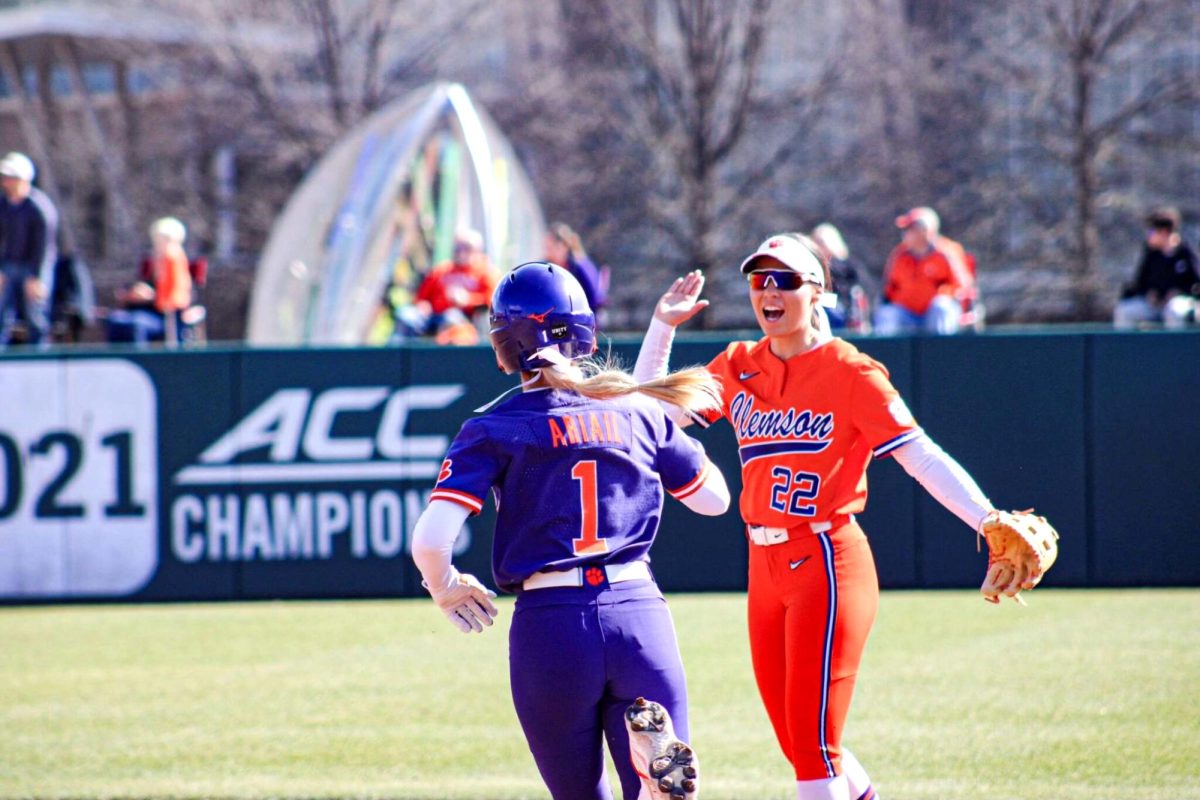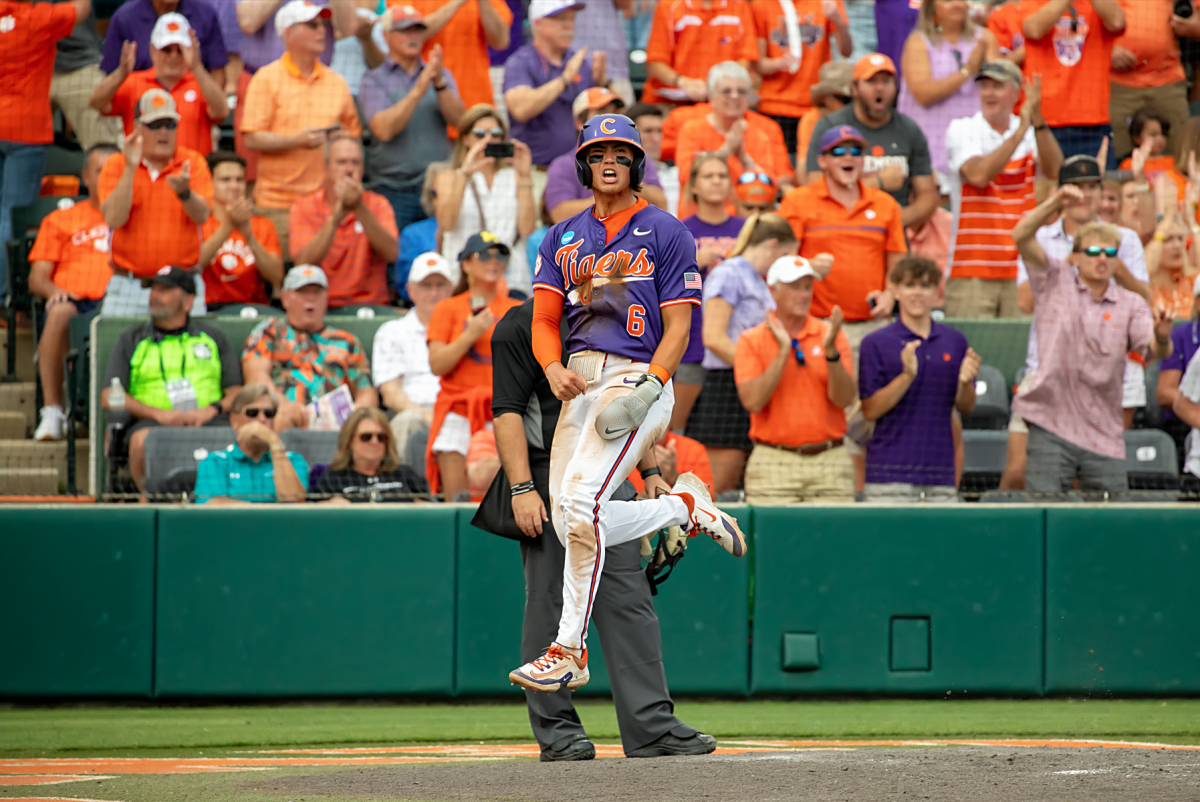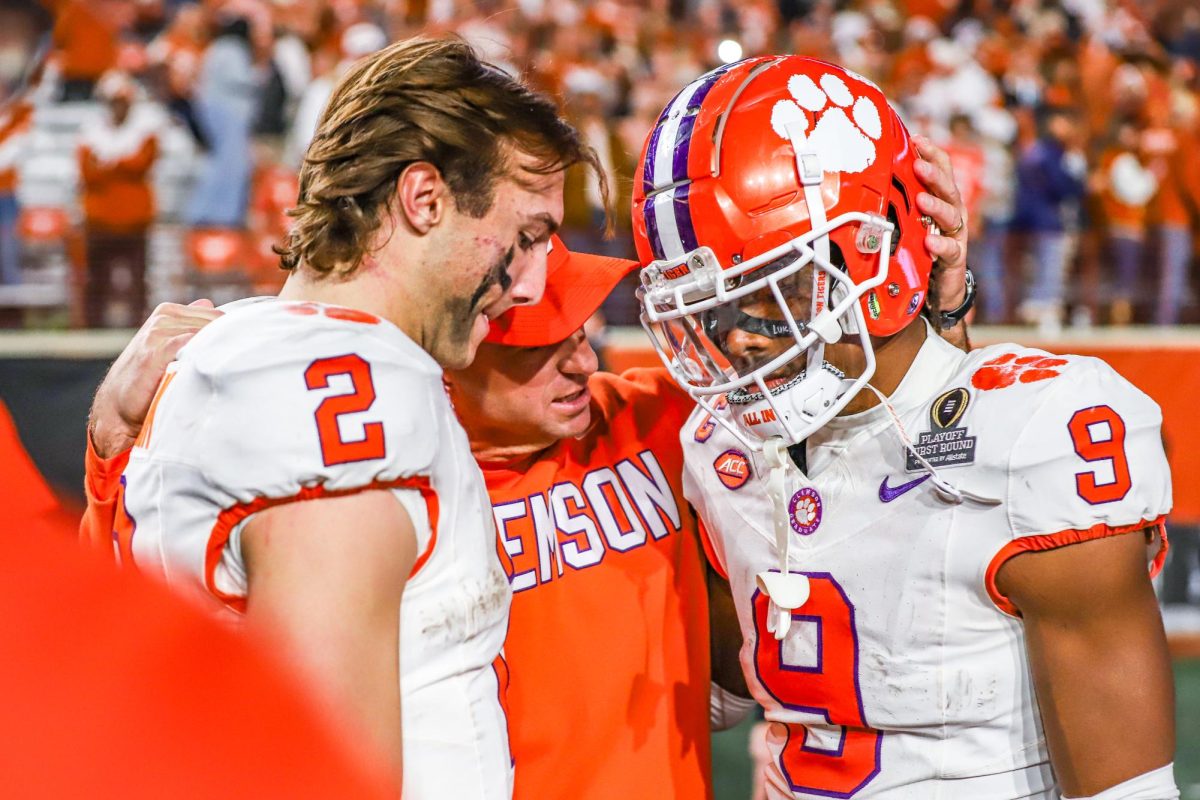The Tiger sat down with Dawn Lifesy, the President of Clemson Students for a Democratic Society. They recently hosted a talk on legal reform and have issued a statement on rising racial tension at Clemson.
The Tiger News (TTN): Tell us a little bit about SDS for those who might not know about the organization.
Dawn Lifesy (DL): Clemson Students for a Democratic Society is a leftist political organizing a group that’s a local branch of the national organization New Students for a
Democratic Society.
As an organization, we are here to help empower underprivileged groups on campus, whether that means through working with pre-existing groups on campus that give a
voice to marginalized students, or through organizing our own actions.
We want to fight injustice in its many forms and create a bond with the community through organizing, activism, and community outreach. We are nothing if we don’t
reach out to the communities we’re trying to help. We’re doing a lot of outreach this semester and preparing for some awesome service projects next semester, but our main campaign this year is a campaign against police violence, which is something I as president am really excited to work on at Clemson. I’ve been in the field at events where the police have used excessive force against protestors, I’ve seen how police brutality has destroyed communities and listened to stories from so many families whose children, fathers, mothers, siblings have all been stolen from them too soon.
TTN: The speaker hosted was on the same night as Milo, can you speak a little bit to why this date was chosen?
DL: The date of the event we chose to attend actually had nothing to do with Milo. The event was organized by the Department of Philosophy and Religion and we
simply endorsed and encouraged our membership to attend it. The fact that the dates happened to coincide was completely random
and unintentional.
TTN: Tell us about the speaker—the subject was police and criminal justice reform, what was the reaction?
DL: The subject was actually specifically on the legal system and on the public defender position, but a good part of the conversation during the lecture was about mass incarceration, criminalization of poverty, and the way the legal system benefits privileged groups. That’s an important part of being a public defender, after all, because the entire purpose of public defenders in our legal system is to provide a lawyer to people who can’t afford one, and that’s usually poor people. I think the reaction was largely positive—there weren’t really any negative questions asked; I mean, there were a couple of people who asked about the role of police in society, but nothing was antagonistic. Everyone listened.
TTN: Why was it important to host this kind of a talk on the same evening as Milo? Why was it important for Clemson in general?
DL: I don’t think it matters that the talk was happening the same evening as Milo. I don’t think it matters when the talk happens, so long as it does happen, and so long as we reach people who will be willing to go out into their communities afterwards and spread that praxis to the working class.
As students at a university like Clemson, we’re in a position of privilege for having access to a lot of academic material that the vast majority of workers will never be able to reach. It’s our job to do the reaching out, then, and make that material accessible for the community and for workers. In fact, if we’re being quite honest, what difference do these talks make if the people we want to reach most can’t hear them? We need to reach out to housekeeping staff, the dining hall staff, parking services, all the underpaid workers who make Clemson run every day.
Even our faculty is largely underpaid unless you’re tenured.
What really matters about these talks—not just about the legal system and about mass incarceration, but about liberation from oppression in general—is that we use what we learn during these talks to go out and make the change. The most important thing about these talks is to create an educational space where we as academics can take what we’ve learned out to the people. Power to the people!
TNN: Can you talk a bit about the recording The Tiger Town Observer published?
There was so much audio cut out of that recording. At that meeting, we repeatedly talked about how we weren’t going to protest, but somehow that all got left out. As you can tell, we didn’t protest at all.
TNN:Can you talk a bit about how free speech and protesting relate?
DL: Ironically enough, any protest we did would have been an expression of our free speech, which is something that did not go unnoticed to us. Students for a Democratic Society began in the 1960s and was all tied up with the original Free Speech Movement in Berkeley, California.
The Free Speech Movement was fighting to empower the silenced voices of students on the political left, who were being blacklisted and punished for speaking out against the United States’ imperialism and systemic racism. Now it’s being used by the political right to deny that systemic racism exists and deny America’s crimes against oppressed peoples while simultaneously advocating for their right to make this campus an unsafe environment for marginalized students.
According to the Foundation for Individual Rights in Education, our policy on preventing sexual harassment “both clearly and substantially restricts freedom of speech.” That’s word for word from FIRE’s website, people.
It blows my mind, really, that they can use our terminology to advocate for what is essentially their right to sexually harass people.
TTN: Finally, why is it important for Clemson students to participate in lectures and dialogues like the one you attended last Tuesday?
DL: Awareness is not enough. Knowing what problems we face as human beings is not enough to fix it. We want people at Clemson to participate in lectures, dialogues, and most importantly, actions. Be the change you want to see.
The SDS motto is “dare to struggle, dare to win!” and that’s what we live by. As organizers, as protesters, as human beings fighting for liberation. Like I mentioned earlier, we are privileged enough to have access to this wealth of information and exchange of ideas. We need to take this home with us. Power to the people, no delay.



